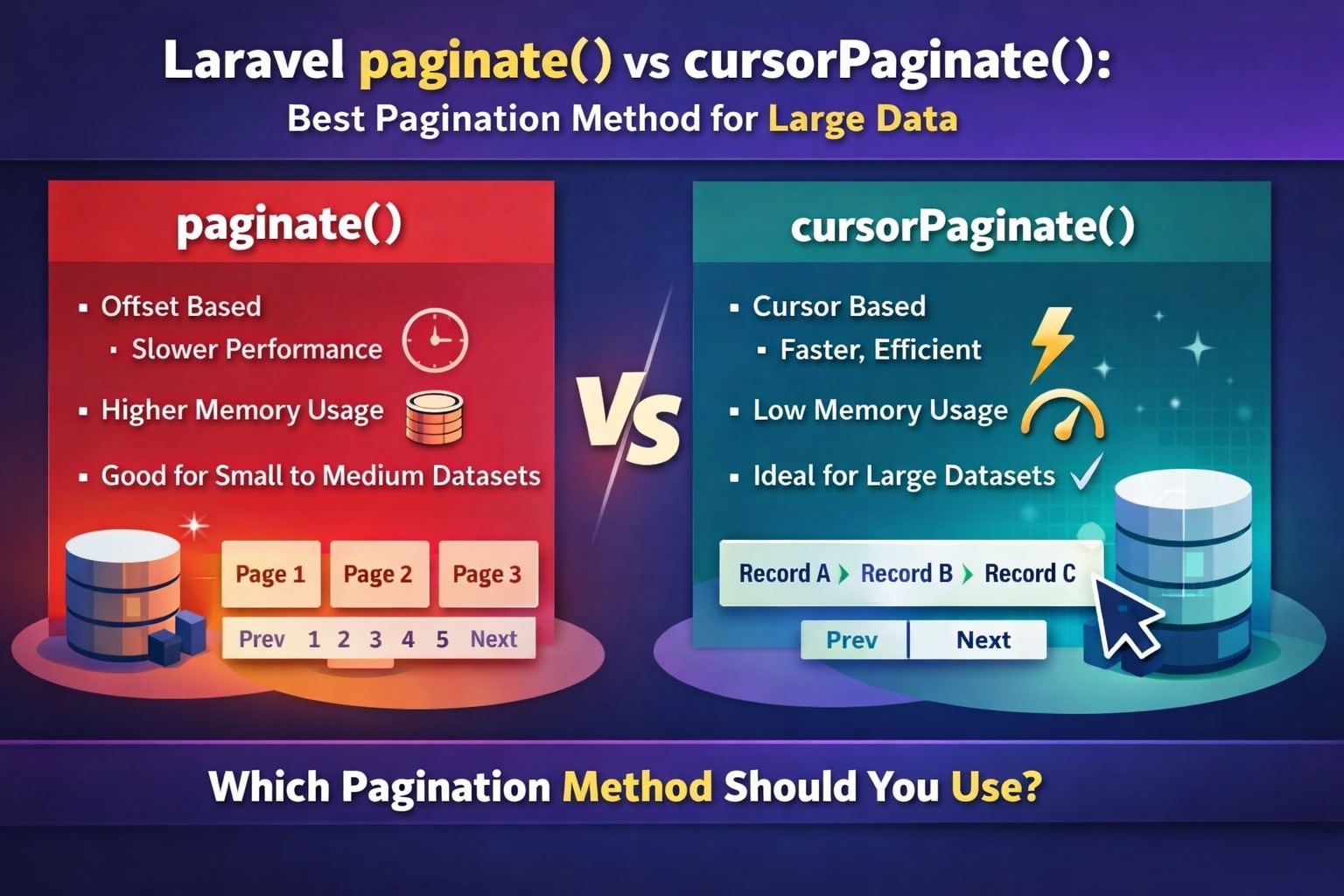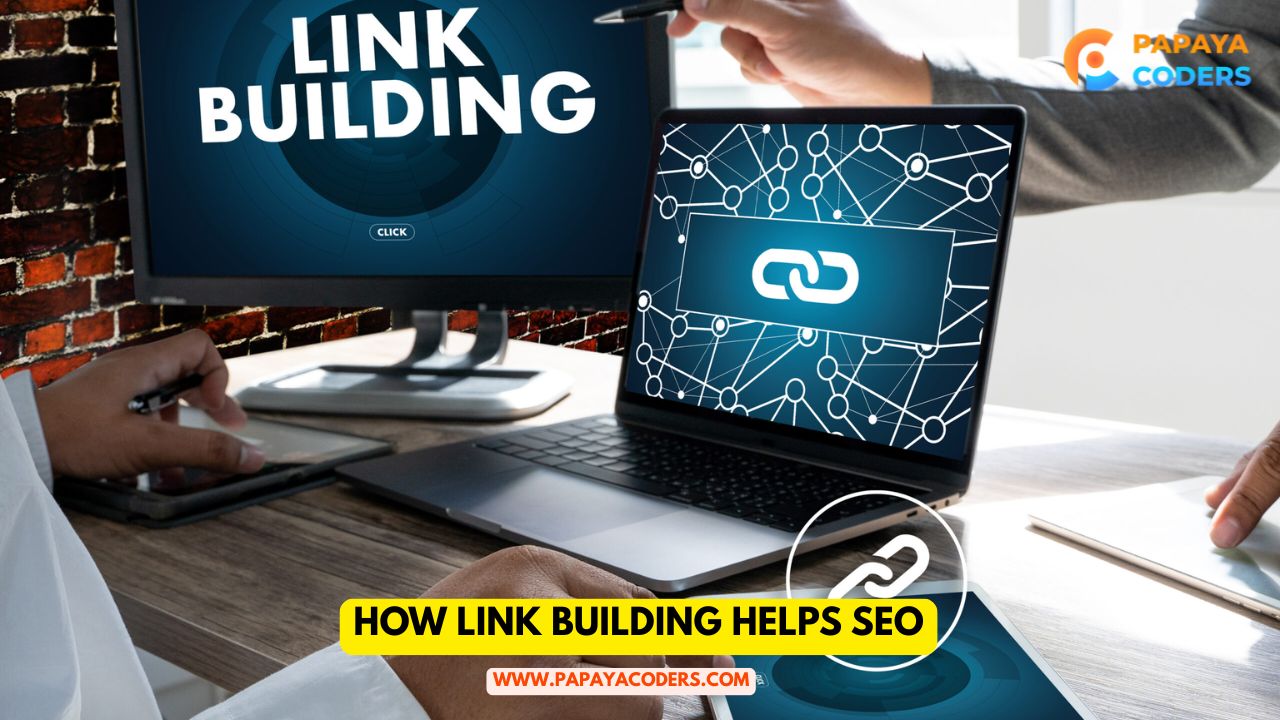Digital space is evolving faster than ever, and while the “Metaverse” may still sound like a futuristic notion, businesses are already building their presence within it. Brands like Nike, Gucci, and, of course, Meta have made large investments in creating virtual experiences. Small companies may ask if this new digital frontier is relevant to their business; the answer is yes.
The metaverse opens up opportunities for every type of brand to connect with its audience in interesting, fresh, and interactive ways. Specifically, it is not about small businesses competing with multi-million dollar giant corporations, but instead working within creative frameworks to be relevant without needing a large budget.
Grasping the Metaverse for Small Businesses
The Metaverse is a virtual world that consists of many immersive online spaces where people gather, play, and interact with each other using avatars and virtual reality/augmented reality technology. Roblox, Decentraland, and Horizon Worlds are examples of the increasing breadth of this virtual world.
One of the unique aspects that businesses can explore with the Metaverse is the ability to create immersive experiences beyond basic advertising. Depending on the business, these experiences could be hosting a virtual event, building a digital storefront, or creating limited-edition virtual products.
Customers do not just see an ad; they engage with it. They do not just scroll past a brand; they experience it. It is the immersion of play with a deeper connection that makes it such an effective marketing tool.

Establishing Brand Influence via Immersive Experiences
One of the biggest advantages for small businesses entering the Metaverse is creating experiences. Unlike social media, where posts and ads dominate, the Metaverse is an environment where your customers can engage creatively and interactively.
For example, a small fashion boutique could create a virtual change room experience where its customers can try on digital versions of outfits before purchasing the ‘real’ product. A café could host a virtual coffee-tasting event in 3D space where attendees, from different locations, could meet up and engage with the brand.
When customers engage with a brand in a way that feels fun and memorable, they are likely to create loyalty and share their experience with others. Small experiences can seem massive for small businesses by creating them creatively so they can stand out in the crowded online marketplace.
Virtual Commerce and Digital Products
Another opportunity in the Metaverse involves the emergence of virtual commerce, sometimes called “v-commerce.” Even small businesses can sell digital forms of their products to go beyond selling physical products. For example, a jewelry shop could create virtual jewelry for avatars to wear in games and virtual worlds.
This doesn’t mean abandoning the model of physical sales altogether; it offers the ability to expand into a hybrid model where customers interact with the brand in both the real world and digital world. Selling exclusive digital products allows for more revenue generation, while also establishing a level of exclusivity and innovation that many consumers look for.
Community Engagement in Virtual Spaces
Community means everything to small businesses, and the Metaverse can elevate this engagement to a whole new level. A brand, no matter how small, can create a community space in the Metaverse and develop global connectivity. For example, a relatively small fitness trainer could host live workouts and classes in a virtual studio. Clients would join from all over the world, engage with one another, and feel as if they are a part of something bigger.
Unlike traditional marketing, the Metaverse allows communities to come together to share ideas and engage with brands; more importantly, they can do this without the challenges of geography. The same opportunity is available for small businesses since owners can connect with clients that would have been unreachable only a few years ago and increase their connections and influence that before could be achieved in only certain ways through the efforts of larger corporations with deep marketing budgets.
Low-cost Entry to the Metaverse
One common misconception about the Metaverse is that it requires huge investments of money. Of course, some companies invest millions in building virtual cities and branded worlds, but small businesses do not need to do that to get involved. There are plenty of platforms that provide affordable entry, and, in fact, there are free spaces for businesses to test how the Metaverse works.
You simply need to start small and figure out how to grow. For example, a local brand may choose to create a pop-up shop on a virtual platform during a digital event. If whatever action you choose fits in with the purpose of the Metaverse, you will be able to assess (and garner) people’s reactions before choosing to make a larger investment in the platform.
Likewise, you may also collaborate with existing creators and communities in the Metaverse, which can allow for small business exposure but will have minimal costs to take part.
What Small Businesses Do For The Future
The Metaverse remains untested as a technology in its infancy, but it may take years before it pushes through to the mainstream like social media has. In any case, if businesses start now, they will be early adopters.
Similar to social media, which was once regarded as experimental and is now necessary, the Metaverse is expected to evolve from this stage. Small businesses willing to be early adopters of the Metaverse do more than future-proof themselves; they create an innovative and forward-thinking brand.
With virtual spaces, immersive experiences for customers, and new and creative ways of mixing physical and digital offerings, small businesses can remain relevant within the digital economy while competing with large businesses that have far greater resourcing.
Read also:-
- Podcast SEO: How to Rank Your Audio Story on Google
- Tech Forum Submission Sites: Boost Your Tech Presence
Conclusion:-
The Metaverse is not a realm of big-box brands; it is a freshly minted and emergent digital world where creativity, community, and customer engagement determine value.
Especially for small businesses, it is an all-new way to transcend the traditional boundaries and limitations of marketing. It provides them with a valuable opportunity to see and reach audiences in far more interactive and meaningful ways.








